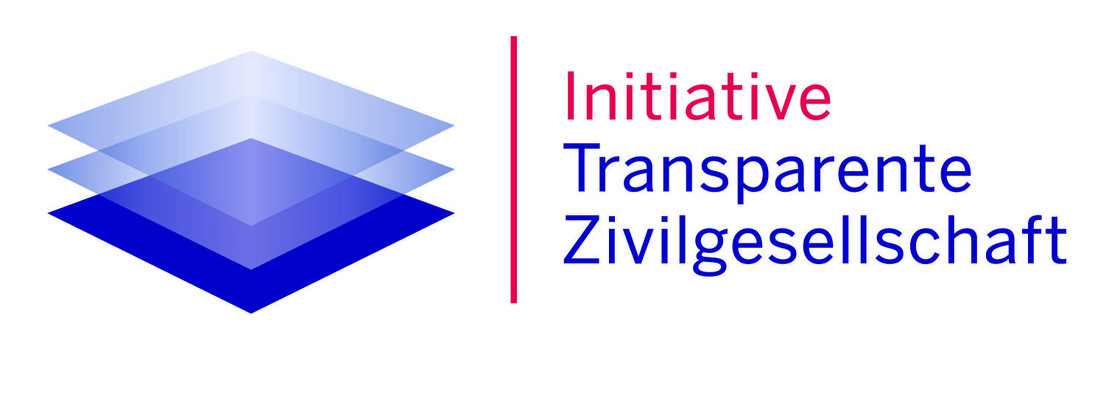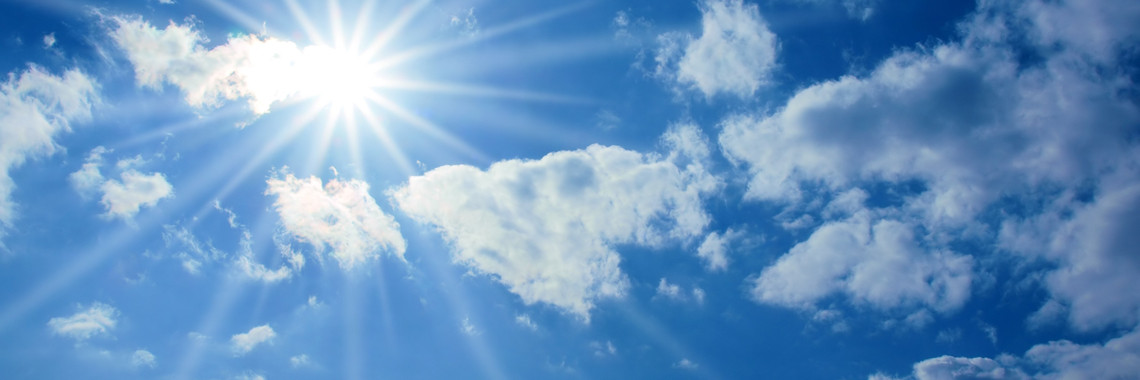FAQs
Organisation
Here are answers to common questions related to our organization.
The DUH is a non-profit nature protection, environmental and consumer association with the right to bring actions.
The purpose of the DUH is to foster the protection of nature conservation and environmental protection as well as environmental and health-related consumer protection, in particular by educating and advising consumers. The association thus exclusively and directly pursues charitable purposes.
Moreover, the association is also non-profit-making; that is to say that it does not primarily pursue its own economic interests. The association uses its funds to carry out the various activities permitted by these articles. Members do not receive any profit shares and, in their capacity as members, they do not receive any other allowances from funds of the association.
It is not politicians or political parties that decide on whether an association has non-profit status. Rather, it is legal criteria and thus the provisions of the Tax Code that are of decisive significance to the competent tax authorities with regard to whether an association is granted non-profit status. The tax office in Singen is responsible for Environmental Action Germany. With the last notice of exemption for the year 2016 that it issued on 10.08.2018, it confirmed to the DUH: "The corporation is exempt from corporation tax in accordance with Section 5 (1) 9 KStg and from business tax in accordance with Section 3(6) GewStG because it solely and directly pursues tax-deductible charitable purposes within the meaning of Sections 51 et seq. AO." The notice of exemption can be found in German here.
Yes, the DUH is politically independent and has no financial or ideological affiliations to any party. It is committed to sustainable lifestyles and forms of business that respect ecological limits. At the same time, it campaigns for the preservation of biological diversity and the protection of natural resources as well as for climate protection.
No, the DUH does not work for profit. The funds of the association may only be used for the purposes specified by its articles. More information can be found in our Articles of Association.
The DUH is an environmental and nature conservation association and, at the same time, a recognised consumer protection association that is entitled to bring actions. Just as with the German Tenants' Association, the BUND or the consumer associations, the DUH is included in the list of qualified institutions at the Federal Office of Justice, which checks at regular intervals whether the DUH continues to satisfy the requirements for representing in court the interests of consumers. The Higher Regional Court of Stuttgart most recently examined this question and gave a positive response.
Furthermore, the DUH is also a recognised nature conservation organisation that is entitled to bring actions before the administrative courts. In this context, it brings actions for "clean air", for "clean water" and against the ineffective conditions imposed by the authorities, for example, with regard to official recalls in the "dieselgate" scandal.
Since 2005, the DUH has been listed at the Federal Office of Justice as a regularly audited consumer protection association for ecological market surveillance. The same legal basis for all consumer protection associations is the German Act on Injunctive Relief. Registration is regularly reviewed by the Federal Office of Justice. The monitoring and enforcement of laws is the task of the state.
Since the state authorities usually do not monitor environmental consumer protection regulations and penalize infringements, the DUH randomly checks the enforcement of environment-related laws and regulations. The DUH regards itself as a lawyer of the consumer at large. The DUH is jointly responsible for the fact that environmental consumer protection rules are actually adhered to by trade and industry, and that consumers can trust that the products offered to them will also deliver what is promised. You can find more information in German about ecological market surveillance here.
Financing and Transparency
Here you find frequently asked questions on financing and transparency
Year after year, the DUH requires funding to fulfil its environmental and consumer protection tasks. The money comes from a large number of private individuals who support the DUH as sponsors and donors, public and social institutions, and companies that support individual DUH projects. In addition, there are proceeds that come from ecological market surveillance, which help us to make our numerous consumer information activities possible. The DUH does not receive any core funding. The DUH pays attention to ensuring a balanced mix of funding. Thus neither government agencies nor companies can influence the orientation of the DUH as far as content is concerned. Further and more detailed information in German can be found in the annual reports.
What role do companies play in the financing the DUH and how does the DUH maintain its independence?
Since it was founded 43 years ago, the DUH has been seeking cooperation as well as dialogue with companies. Its goal has always been to find and enforce sustainable solutions for environmental issues in cooperation with commercial enterprises. Some major enterprises and numerous SMEs have also financially supported various DUH projects and do so even today. They include many companies from the fields of green energy, healthy food or sustainable packaging systems.
This approach strengthens the content-related competence and financial capacity of the DUH to act. We turn down any support that involves an attempt to exert influence.
On the whole, the proportion of funding from companies is now less than 5% of total funding. There is no company that could make DUH dependent on it on account of the amount of financial support it receives from it.
For 20 years now, Toyota has been one of the medium-sized promoters of concrete projects to reduce CO2 emissions. We receive a mid-range five-digit sum from Toyota every year, e.g. for conducting company car surveys with politicians. The DUH has always communicated this fact transparently. In 2018, the sum amounted to €30,000, and was thus less than half of one per cent of our annual budget. Our independence from Toyota is also evident in the fact that the DUH had measured a high level of NOx emissions in a Toyota diesel car as far back as the summer of 2016 in its Emissions Control Institute and had actually published these poor figures: www.duh.de/projekte/eki-kontrollen
After most recently the Minister President of North Rhine-Westphalia, Armin Laschet, accused Toyota of wanting to harm the German automotive industry by funding the DUH, Toyota announced that it would not continue funding DUH environmental projects in 2019.
The proportion is, on average, about 14% in recent years. We receive project funding from various federal ministries, from the European Union as well as from the governments of federal states. The allocation of these funds is not arbitrary, but done according to defined procurement procedures, with which these public institutions wish to achieve the goals set out in the legislation.
As a civil society actor, we have high standards when it comes to our transparency and strive openly to provide information about our work, our structures, decision-making processes and finances. That is why we not only have the DZI seal of approval but have also joined the "Transparent Civil Society Initiative" and satisfy all the enhanced information requirements agreed there.
As an external expert, the auditor checks whether our accounting meets the formal requirements and whether it correctly reflects the factual circumstances in the association. The auditor performs an external control function and thus supports the supervisory function of the Assembly of Delegates and the Executive Board vis-à-vis the management. For the public and for numerous funding agencies, the auditor's certificate is also important evidence of the trustworthiness of German Environmental Aid.
The DZI also refers to the auditor's certificate when examining the Seal-of-Approval (cf. next question).
Since 2015, the DUH has had the DZI Seal-of-Approval and is thus recognised as reputable donor organisation. Organisations that comply with DZI standards demonstrate that they handle the funds entrusted to them with care and responsibility. In particular, the Seal-of-Approval certifies that the amount spent on general administration, public relations and fundraising is kept within reasonable limits. An overall proportion of up to 35% is considered acceptable by the DZI. The most recent percentage at the DUH was far below this figure: 14%.
Structure of the DUH
Here you find frequently asked questions on the structure of the DUH.
The DUH currently has around 4,500 supporting members and 350 voting members. Every natural person who supports our statutory objectives may become a voting member or supporting member of the DUH. Our contribution schedule regulates all the details regarding how to pay our annual membership fees. Compared to typical membership organisations, the DUH has significantly fewer members. The reason for this is due to its structure: like Greenpeace, when it comes to the work done within its association, the DUH relies more on its full-time employees than other associations that rely more on volunteer members. Nevertheless, in relation to the 40 Greenpeace members, the DUH has nine times more members with voting rights.
The key organs of the DUH are the Assembly of Delegates and the Executive Committee. Among other things, the Assembly of Delegates adopts the annual report of the Board, elects the Board, and sets the annual budget. The Board defines the objectives of the practical work of the DUH. If required, it issues policies and regulations for conducting business. It is responsible for advising and supervising the work of the management.
The managing directors appointed by the Board are authorised to perform the economic, administrative and personnel matters of the national headquarters.
For more information, see Transparency in our Articles of Association.
As of 30 November 2018, Environmental Action Germany had a total of 113 employees, seven of whom were non-tariff employees. The DUH pays the other employees according to an in-house tariff, which is comparable to public-sector pay. In 2017, the average salary of the (full-time) employees paid according to the tariff was €49,303. The average salary of non-tariff employees was €110,334. In addition, there is a company pension plan. For reasons of data protection, the DUH does not publish the figures relating to individual salaries.
Contact
 © Andreas Kochloeffel
© Andreas Kochloeffel Kerstin Dorer
Sekretariat/Spenderservice
Tel.: 07732 9995-38
E-Mail: Mail schreiben




